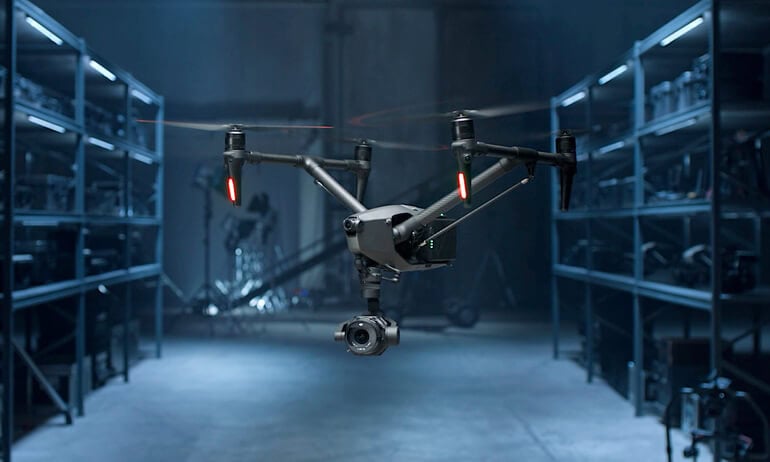The US Senate’s recent passage of the National Defense Authorization Act (NDAA) could mark a critical turning point for DJI, the world’s largest drone manufacturer. While the legislation stops short of an immediate ban, it establishes a one-year timeline for DJI to address national security concerns or face automatic restrictions on its products in the US.
The Countdown Begins
Under the new NDAA provisions, DJI and its competitor Autel Robotics have one year to convince a national security agency that their products do not pose a risk to US security. Failure to do so would lead to their inclusion on the FCC’s “covered list” under the Secure and Trusted Communication Networks Act. This designation would:
- Prohibit the use of DJI’s internal radios on US networks.
- Effectively ban the import of all DJI products, including popular devices like the DJI Osmo Pocket 3.
The legislation also prevents loopholes, such as rebranding or licensing technology, by requiring the FCC to include any subsidiaries, affiliates, or partners of companies on the covered list.
DJI’s Response
In a recent blog post, DJI expressed cautious optimism, calling it “good news” that the NDAA does not outright ban its products. However, the company criticized the lack of clarity regarding which government agency will evaluate its compliance. DJI argues that this ambiguity could unfairly block its products from the US market.
“Without a designated agency to review our products, we risk being penalized through no fault of our own,” DJI stated. The company has urged Congress to assign the task to a technically focused agency to ensure an evidence-based assessment.
The Stakes Are High
The NDAA’s passage comes amidst heightened scrutiny of Chinese technology companies. DJI has already faced challenges in the US, including surprise import restrictions linked to the Uyghur Forced Labor Prevention Act and a recent lawsuit against the Department of Defense for labeling it a “Chinese Military Company.”
Adding DJI to the FCC’s covered list would have far-reaching implications, barring the company from introducing new products and potentially halting the sale of existing ones. For consumers, this could mean losing access to some of the most innovative drone technology available today.
What Happens Next?
The NDAA has already passed both houses of Congress and awaits President Biden’s signature. Given its bipartisan support, it is considered a must-sign bill. Once enacted, the one-year countdown for DJI begins, putting the company under immense pressure to secure its position in the US market.
A Political Wildcard
Interestingly, the timeline coincides with Donald Trump’s return to office in 2025. While the legislation does not require presidential intervention, DJI may seek to engage with the Trump administration to influence the outcome. The company’s fate could hinge on its ability to navigate both regulatory and political landscapes in the coming months.
Looking Ahead
As DJI braces for the challenges ahead, the stakes for the US drone market are equally significant. Will the NDAA’s provisions lead to a safer technological landscape, or will they stifle innovation by targeting industry leaders? With a year to resolve these questions, the outcome could reshape the future of drone technology in the United States.

